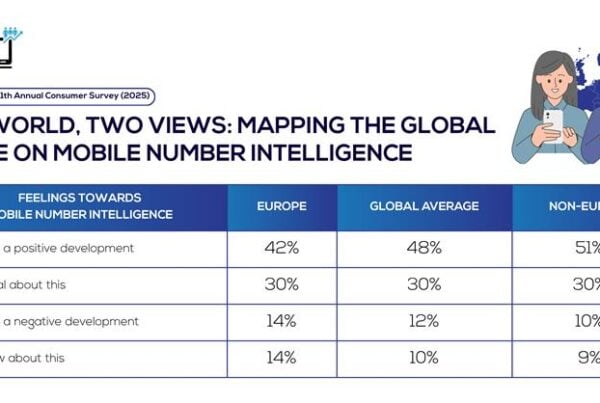MEF Advisor Paul Ruppert welcomes telecom veteran and Wireless Wars author Jon Pelson for a discussion on how emerging networks shape AI, security, and global competitiveness.
Pelson’s book, published in 2021, chronicled how the West squandered its lead in wireless technology, paving the way for China’s Huawei to dominate the world’s 5G infrastructure.
Four years later, the story is still unfolding—but the battlefield has shifted. Today, the conversation isn’t just about 5G equipment and telecom networks. It’s about emerging networks as the critical foundation for artificial intelligence, economic competitiveness, and national security.
Together, Ruppert and Pelson explore what has changed since Wireless Wars hit the shelves. How have U.S. allies responded to the Huawei challenge? Has the CHIPS Act, The Safe Network initiative, export controls, and new industrial policy started to reshape the balance? Where does AI—now a front-line domain of competition—fit into the story of connectivity and control?
Pelson argues that wireless networks are no longer invisible plumbing in the background of modern life. They are the bloodstream of the digital economy, linking AI, cloud services, autonomous systems, and even military command structures. “
Pelson argues that wireless networks are no longer invisible plumbing in the background of modern life. They are the bloodstream of the digital economy, linking AI, cloud services, autonomous systems, and even military command structures. Whoever controls these networks controls not just information, but influence, innovation, and sovereignty.
This conversation also explores solutions. Pelson highlights how the U.S. and its partners can leverage their “superpower” of open innovation—through Open RAN, collaborative standards, and next-gen startups—to create alternatives to state-backed Chinese models. He emphasizes that leadership in AI cannot be separated from leadership in telecom: emerging networks will determine how effectively nations harness artificial intelligence for both economic growth and national defense.
Ruppert brings his own perspective as a longtime strategist in the mobile industry, challenging Pelson to update his conclusions for 2025. What lessons from Wireless Wars still apply, and what new policies or alliances are needed now? What are the risks if the West falls behind in both networks and AI? And what does strategic competition with China look like as technology, politics, and markets continue to converge?
The result is a gripping, approachable, and deeply relevant conversation—part history lesson, part strategic roadmap. Whether you’re a policymaker, business leader, or simply curious about the hidden battles shaping your digital life, this interview will leave you with a sharper sense of why connectivity matters more than ever.
Don’t miss this episode of the Connectivity Briefing. It’s not just about wireless technology—it’s about the future of innovation, power, and freedom in a world increasingly defined by the networks we build.





